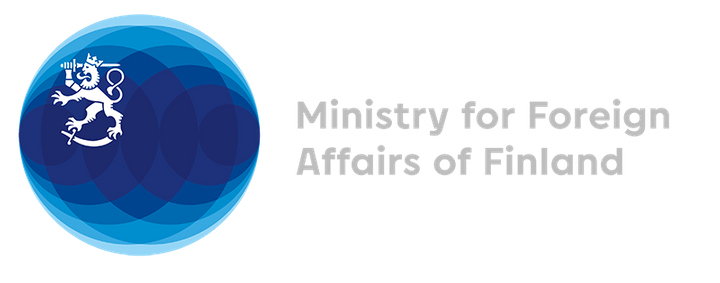Community / Land projects / Women?s Rights to Land in the Post-2015 Development Agenda: A Campaign on Gender and Land Tenure
Women?s Rights to Land in the Post-2015 Development Agenda: A Campaign on Gender and Land Tenure

€0
04/15 - 03/16
Completed
This project is part of
Implementing Organisations
Donors
Data Providers
General
The project is intended to build the capacity of women leaders to engage, influence and lobby for gender responsive programmes and interventions in their respective location. The project is also intended to connect spaces between local leaders and national leaders and build capacity of women leaders to influence at local level (Subcounty and district) and also gain capacity to feed into national debates through the forum (Uganda women#s Parliamentary forum) that exists at national level. The ordinary women and girls willbe engaged by women leaders through dialogues on VAW and Land to build a critical mass and generate credible messages for advocacy and engagement with traditional leaders and legal duty bearers at all levels. The women leaders from grassroots women organisationswill be given capacity to work in hand with political leaders and gain spaces to participate in Local government planning meetingsas provided for the by Local government planning guidelines of 1997 Although the guidelines provides for representation of civil society organisations in all planning and budgeting processes, the reality on ground is that the space can be gained through having contact with key political leaders part of that process. The women leaders #political and CSOs will identity groups of ordinary rural women that have suffered VAW and Land related Violence in their respective location and mentor them to engage at the different Subcounty, district, regional and national meetings and voice their concerns to the duty bearers. The project will seek to hold the leaders (traditional and government) to account and make decisions to take action on issues raised by women. The decisions will include following up with district council to prioritise project proposalscomponents into the Local government plans. The work at national level will be informed by grassroots experiences and key stakeholders will be involved ensure that VAW Currently the ministry of Gender doesn#t have government funds for VAW prevention, andits assumed that funds for VAWQ response are supposed to go to Ministry of health, Justice law and order, these ministries are also underfunded. and Women#s land rights are given space in national level debates by UWOPA and the relevant ministries this in turn will allow for proper budget allocations to the respective programmes. Recently,the land policy was approved by the government and the Law on Domestic violence was passed in 2010. Oxfam and other two DV Act coalition members supported the translation of the Ct into 8 Local languages including languages spoken in Karamoja and Acholi. The project is intended to expedite the implementation of the law and the Land policy through active engagement of the key stakeholders who are women.



